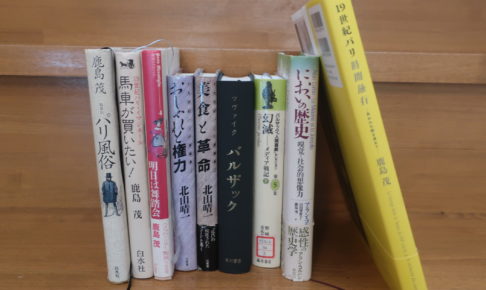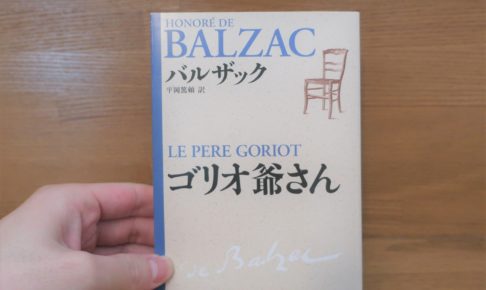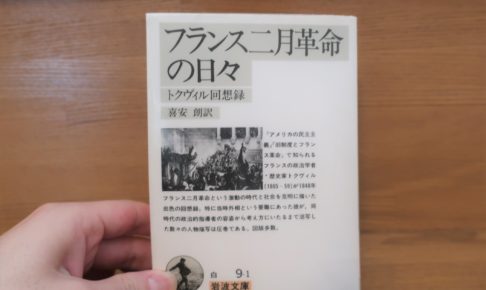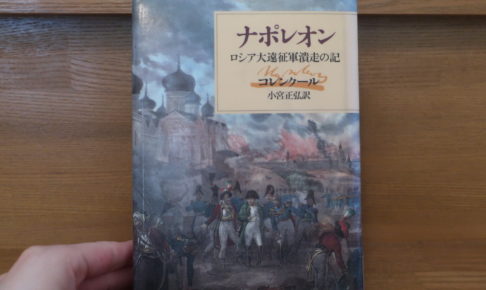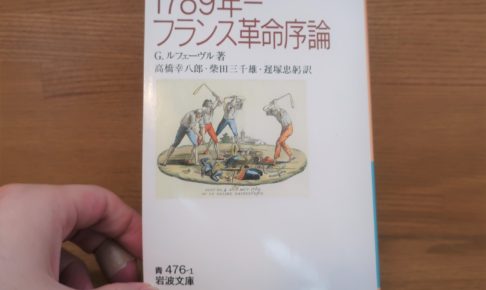List of 9 recommended reference books for understanding French culture and people's lives in the first half of the 19th century
This article will introduce you to some useful books on French culture and people's lives in the first half of the 19th century, especially from around 1830.
When you think of French culture, you may think of luxurious social gatherings, French cuisine, and fashion, but it was actually during this period after the French Revolution that these things began to flourish.
Russian high society was strongly influenced by French culture. Knowing the French culture of the time would be very useful for learning about the mentality of the Russian people.












